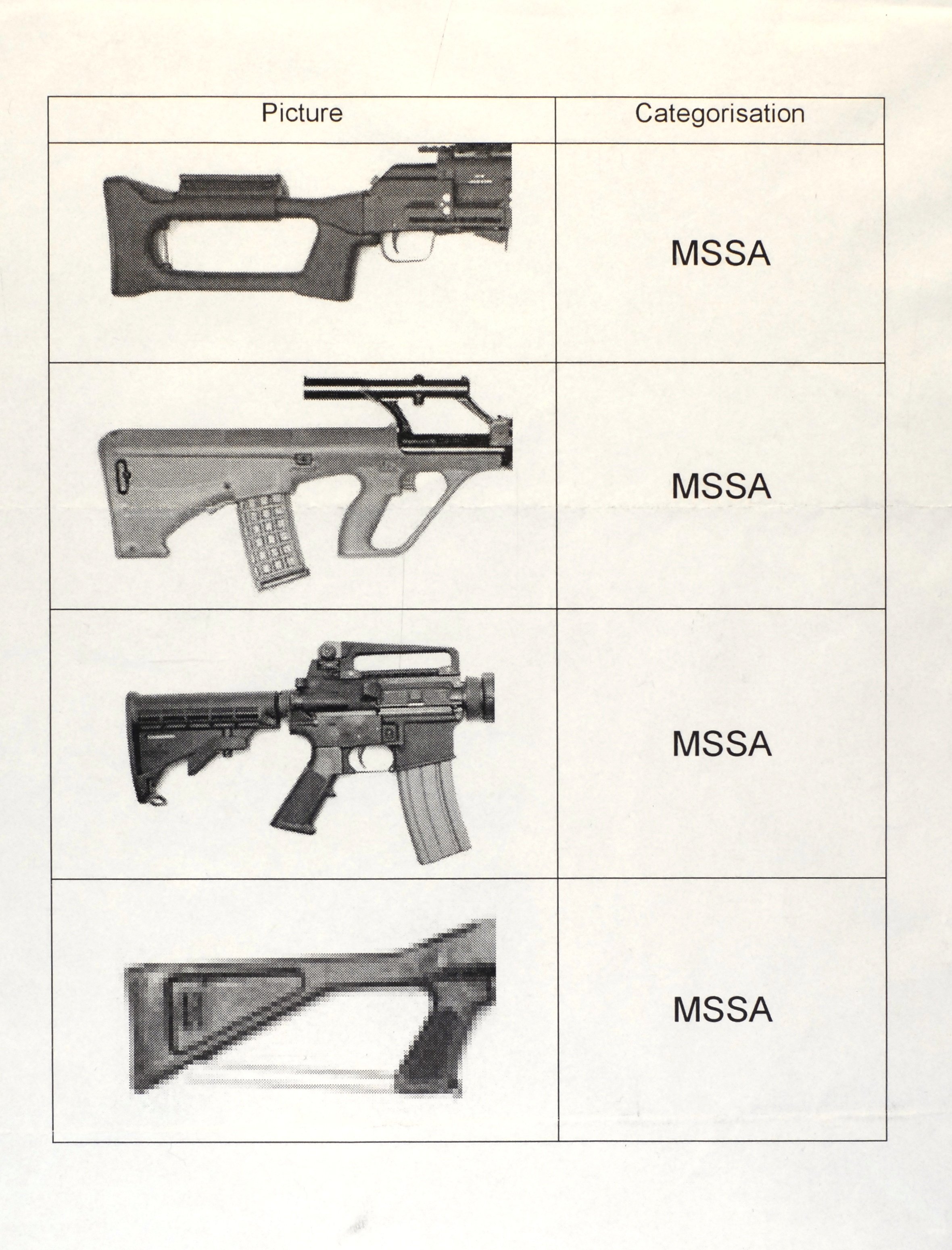
The Associate Minister of Justice recently announced that military-style semi-automatic firearms (MSSAs) are soon to be made legal. Despite them being effectively banned since the 2019 Christchurch mosque attacks, Nicole McKee plans to legitimise their use for "specific types of sporting events". Her reasoning sounds really odd, and it is.
Combat shooting, using military-style firearms, is not a sport as most would understand it, despite strong efforts by enthusiasts to make it so, preferring to call it practical shooting.
It is modelled on the sort of scenarios used to train elite military units such as the Special Air Service (SAS) in Britain, which New Zealand and many other countries have copied. Competitions involve fantasy settings, with "bad guy" targets to be shot and "hostage" targets to be avoided. Combat shooters are timed as they negotiate an elaborate course of fire, having to run, crawl, and climb past obstacles, while firing live rounds at humanoid targets.
This is not paintball. These are battlefield weapons with real bullets, and the owners keep them in their homes.
Leading up to the 2004 Olympic Games in Athens there was a concerted effort to have combat shooting included as a demonstration sport. By establishing it as an international sport, the gun lobby aimed to advance several of their most cherished goals. Olympic status for combat shooting would create new legal arguments in favour of non-sporting firearms, new opportunities to encourage children into gun culture, and new marketing opportunities for struggling gun makers.
However, this would actually have been contrary to the Olympic Charter, which includes the goal of "contributing to building a peaceful and better world".
The International Olympic Committee rejected the notion as incompatible with their principles.
Despite this setback, combat shooting enthusiasts’ hobby poses a threat to gun control laws by further legitimising guns that were designed for lethality rather than for sports such as target shooting. Combat shooting enjoys robust support from the firearms industry — both in the United States and internationally. The National Rifle Association (NRA) has long held "that sporting events involving automatic firearms are similar to those events such as silhouette target shooting and deserve the same respect and support".
Some might think, well what’s the harm, it is just another hobby. But, combat shooting can be a uniquely deadly pursuit. Many Americans first learned about combat shooting after the horrifying March 1998 massacre of school children at the Westside Middle School in Jonesboro, Arkansas. Two boys, aged 11 and 13, had ambushed their classmates from a wooded hillside after setting off the school’s fire alarm, killing four girls and a teacher, and wounding 11 other children.
Police soon found that the younger boy was the son of the founder and head of the Jonesbro Practical Shooters Association, who had begun teaching him combat shooting. News reports noted how the "shoot-to-kill" fantasy of combat shooting had apparently played out in chilling reality. While many would be shocked by the idea of putting a real gun into the hands of a pre-teen and setting him loose in a lurid fantasy scenario, the USPSA still actively recruits children to its ranks.
Sporting use of firearms can sound vaguely plausible until people understand that "sporting use" actually means combat shooting, and that MSSAs are included. Once aware of that then few people are likely to support the proposal.
Even if the minister is able to get her new rules over the line, she is setting herself a major hurdle, having repeatedly insisted that holders of gun licences are "fit and proper people". How does that square with the underlying principle of combat shooting which is to train and prepare to kill people.
Surely an unhealthy interest in killing should disqualify anybody from being considered "fit and proper" persons to be given access to firearms, and in particular MSSAs.
- Graeme Easte is from lobby group Gunsafe.











